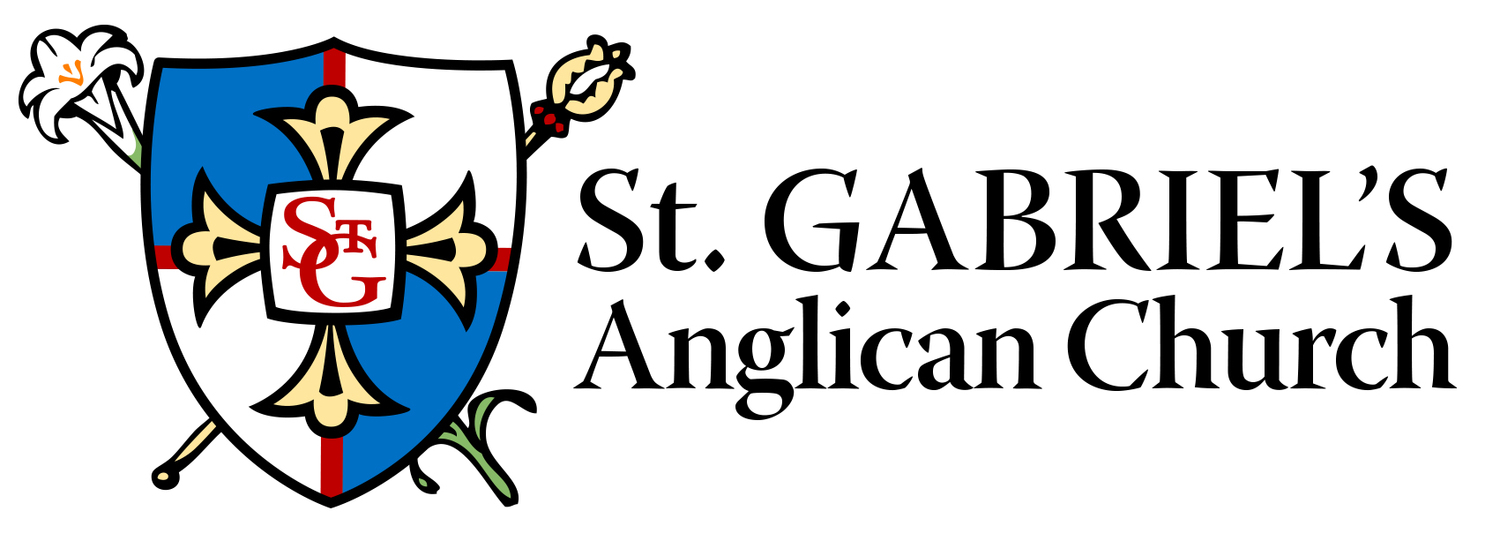The Anglican Church began as the state church of England. During the 16th century the church took on the theology of the Reformation, reclaiming the ancient truths of the Bible and salvation by grace through faith.
As England colonized the world, she took her church with her. Upon decolonization, the state church was no longer present, but the theology and the heritage of the church remained. This brought about the creation of the Anglican Communion, which now is represented in 164 countries, with a total of about 80 million members worldwide, organized into 38 autonomous Provinces.
Although there is a global crisis in the Anglican Communion because some Provinces (like the Episcopal Church USA) have left the Biblical moorings that served to form the foundation of our church, traditionally the Provinces have held four things in common:
The Bible as a basis of our faith
The Nicene and Apostles' Creeds as basic statements of Christian belief
A recognition of the sacraments of Baptism and Holy Communion
The historic episcopate locally adapted. In other words, the belief that Christian church has historically been organized with a polity system that includes bishops as overseers.
We are a liturgical tradition (our liturgy comes from forms based on the Prayer Book written in 1662) that seeks to combine the rich sacramental history and tradition of the church with a strong Reformational faith and a keen awareness of the continuing activity of the Holy Spirit.

